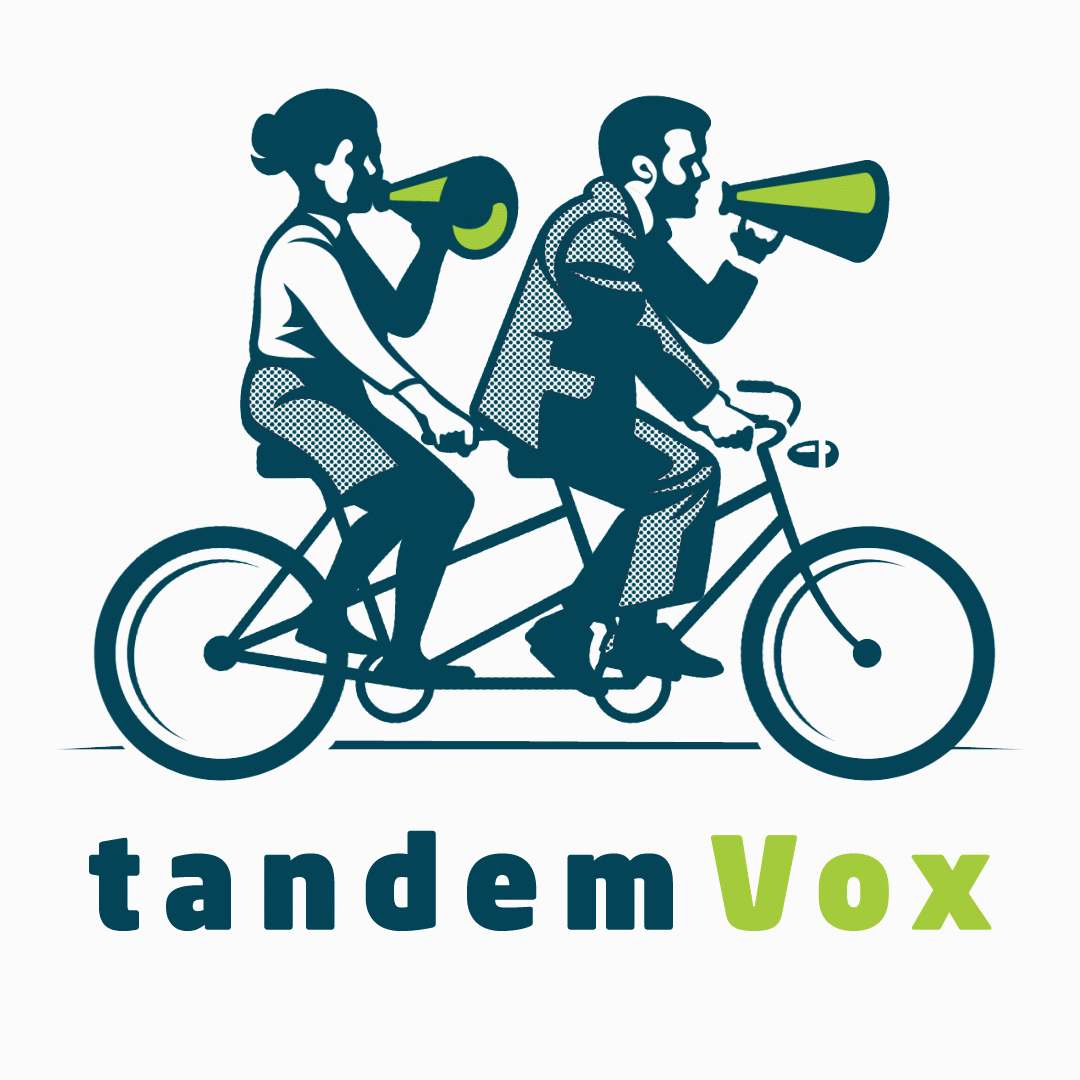Opinion Piece
With the latest Federal Budget handed down this week, Treasurer Jim Chalmers delivered a projected surplus. Facing difficult economic headwinds, this was a surprising result but a great message to send regarding the strength of our employment and export market.
Grappling with macro-economic data is important because it helps us understand certain levers of our economy. But a significant issue to still be addressed is productivity. It’s a term that is readily bandied around, but productivity is all about how we can be more effective with our effort. For example, the average Australian worker produces about as much in one hour today as it took a full day’s work to produce at Federation in 1901. Productivity growth has been a driver of improvements in our standard of living is supposed to give us more leisure time.
But when I listen to people, I don’t believe we are more relaxed and enjoying this ‘leisure time.’ Work pressures build and demands are made, all with the potential of artificial intelligence replacing and taking on more human work.
To drive productivity growth, particularly in a services economy, we need a creative, adaptable, and highly skilled workforce. For decades I’ve been in forums discussing these issues. Inevitably the idea of innovation arises.
In my view, the best hope we have for a growing, productive, sustainable economy is for people - their skills, their creativity, their ideas and their time - to be valued.
As more people are being requested to return to their offices, the debate regarding productivity and innovation becomes one of ‘work from home’ versus ‘work from the office’. In my view it's not. This shouldn't be an either/or. What I do strongly believe is that time and space is critical for creativity and innovation.
Respecting and honouring people’s time to be alone and think, and slowing down to allow ideas to ruminate, is essential. In the ‘busyness’ of work where stress and pressure abound, the very things that make us unique as humans is lost. Slowing down may sound counterintuitive to the productivity debate but thinking and using our human skills to tap into the creative parts of ourselves, offers far more to the future of work than grinding through a commute five days a week.
Of course, connection and collaboration with others is also part of the mix when we talk about innovation and is necessary – but we need the variation in our work lives to be at our best.
Our workplaces are going through a huge phase of disruption. Let’s be leaders in our lives and create the space we need to work our way through the challenges. It takes skill, but it’s skill we all have if we understand our selves, build our emotional intelligence and allow these very human talents the ability to thrive. Organisations need to understand this, build trusted relationships with employees, and nurture a work environment that embraces periodic slowness and autonomy as well as coming together at times when needed.
Jennifer Cromarty is a strategist at tandemVox and host of Ministry of Self podcast.

